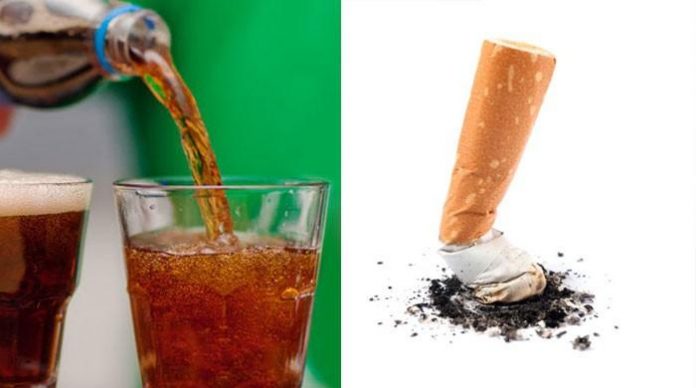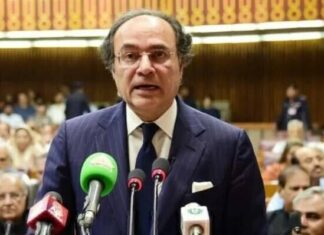- Sources claim that ‘an influential lobby in the FBR’ had opposed this tax
ISLAMABAD: The decision of the federal cabinet to impose health tax on tobacco and carbonated drinks through finance bill 2019-2020 has been set aside, said sources on Wednesday, adding that the move will deprive the national exchequer of collecting approximately Rs25 billion in revenues in the upcoming fiscal year.
The federal cabinet, chaired by Prime Minister Imran Khan, in its meeting held on May 28, had given a detailed briefing on the budget strategy paper 2019-20. Following the briefing, the cabinet decided to impose health tax on tobacco at Rs10 per pack of 20 cigarettes and Rs1 per 250ml bottle of carbonated drinks through finance bill 2019-2020. However, the cabinet’s decision was flouted in the budget 2019-2020.
The state minister for health and prime minister’s focal person on tobacco control had made untiring efforts to get imposed the health tax in order to discourage the use of tobacco and carbonated drinks.
According to sources, “An influential lobby in the Federal Board of Revenue had opposed this tax.”
Zafar Mirza, State Minister of Health, said in his tweet, “There is an absolute commitment by the PM to impose health tax on tobacco and fizzy drinks and earmark it for health. FBR has made a proposal in this ref. An appropriate modality will be worked out in the next few days. Nobody should have any doubt in this regard.”
Similarly, Special Assistant to PM on National Health Services Babar Atta, while talking to Pakistan Today, said that he is hopeful to get the health tax and other measures to control the use of tobacco among the citizens of the country imposed.
He said that he has made efforts to make health tax part of the finance bill after the decision of the cabinet, but there are some problems in the finance ministry in this regard. “Although the mafia wants to maintain a status quo regarding taxes on the tobacco industry, yet I will continue his struggle against them.”
It is relevant to mention that the health ministry had earlier tabled a health levy bill before the cabinet but owing to the opposition of FBR, it was not approved by the cabinet.
Revenue from the cigarette industry was Rs114 billion in 2016. However, after introducing the third slab of federal excise duty by the Pakistan Muslim League-Nawaz government, the revenue had declined to Rs80 billion in 2017.























